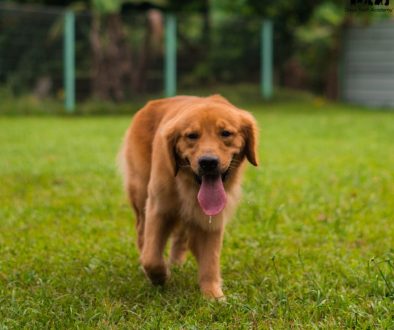What is Bite Inhibition?
Bite inhibition is a dog’s ability to control the force of their mouth when biting. Puppies learn this skill naturally from interactions with their littermates and their mother. If they bite too hard, their siblings yelp and stop playing. This teaches them to moderate their bite. It’s a crucial part of social development that helps prevent injuries during play or daily interactions (Overall, Manual of Clinical Behavioral Medicine for Dogs and Cats, 2013).
Why it matters:
- Dogs with good bite inhibition are less likely to injure people or other animals.
- It’s an essential foundation for safe play and training.
- Poor bite inhibition can lead to accidental nips or serious injuries, especially as a dog grows stronger.
How to Teach Bite Inhibition
- Reward gentle mouthing: Encourage your puppy to play with soft mouths. Praise or give a treat when they are gentle.
- Consistency is key: Every family member must respond the same way to biting so the puppy understands limits.
- Use chew toys: Redirect biting from hands or clothing to toys. This helps them practice controlling their bite safely.
- Stop Play When Biting Gets Hard: Instead of screaming “ouch,” calmly stop play and withdraw attention. Puppies naturally crave interaction, so this helps them learn that biting ends fun.
Why Lack of Bite Inhibition is a Concern
Puppies that haven’t learned bite inhibition can bite too hard, even during play. This is worrying because:
- Safety Risk: Puppies grow quickly, and their bite force becomes much stronger as they mature. A playful nip today could cause real injury tomorrow.
- Human Frustration: Uncontrolled biting can make interactions with family members, especially children, unsafe or stressful.
- Behavioral Problems: Puppies that never learn bite inhibition may develop aggression issues, as they don’t understand limits when interacting with other dogs or humans.
- Difficult Training Later: Teaching bite control in adult dogs is possible but often more challenging than shaping this behavior early.
- Early bite inhibition training ensures your puppy grows into a gentle, confident, and well-socialized adult dog.
Works Cited
Overall, Karen L. Manual of Clinical Behavioral Medicine for Dogs and Cats. Elsevier, 2013.

